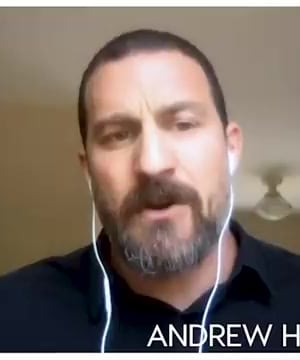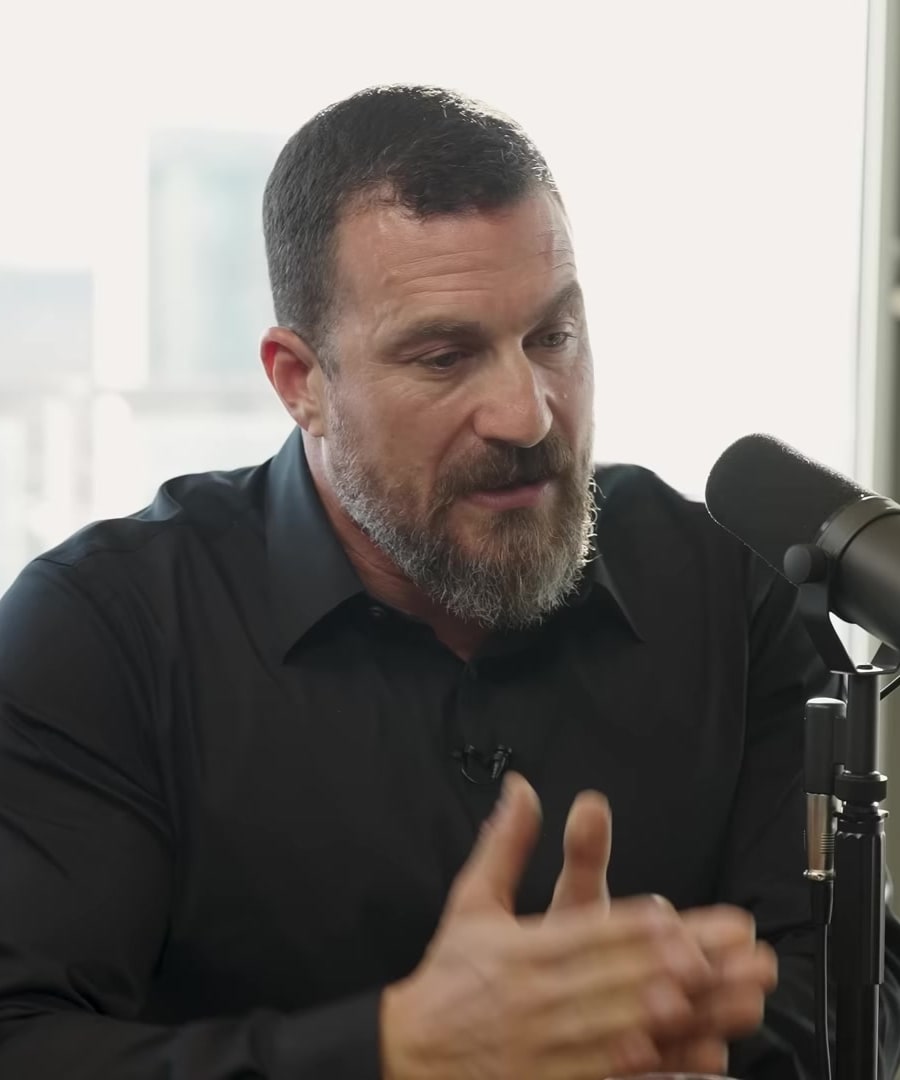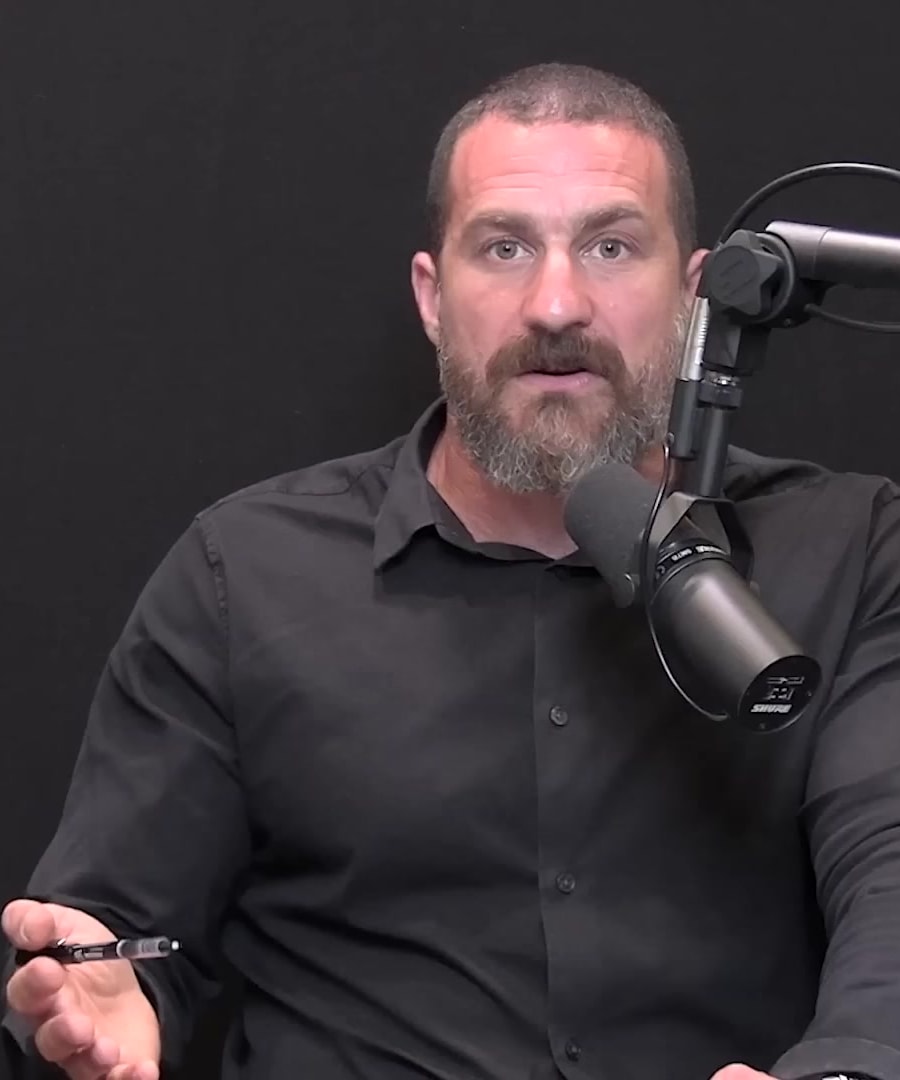What time does Dr. huberman wake up and how many hours of sleep does he get?
Sources:
Dr. Andrew Huberman typically wakes up between 5:30 and 7:00 AM, depending on his activities from the previous night. His usual bedtime is around 10:30 to 11:00 PM. He mentions that, typically, he achieves about three to four hours of sleep before waking up during the night, although if everything goes well, he can stay asleep for about four to five hours. He also notes that it is normal to wake up periodically during the night 1.
RELATED QUESTIONSWhat is Dr. Huberman's daily routine from morning to bed?
Sources:
Dr. Andrew Huberman follows a thoughtful morning routine that reflects a combination of mental preparedness and physical activities. Here is an outline of his daily routine from morning to bed, based on trusted data from his discussions:
Morning
- Waking Up: Dr. Huberman wakes up between 5:30 to 7:00 AM.
- Mental Preparation: He starts the day by abstaining from immediate sensory overload like social media; he prefers to stay focused on consolidating the neuronal gains made during sleep.
- Physical and Outdoor Activity: Includes stepping outside with his notebook, possibly reflecting or organizing his thoughts for upcoming tasks like podcast episodes or other creative outputs.
- Work-Focused Activities: Before noon, Dr. Huberman engages in intellectually demanding tasks such as writing books, working on scientific papers, or planning research grants. He advocates for checking emails only for critical items and ideally avoiding it until later in the day 1.
Midday and Afternoon
- Nutritional Choices: He often delays eating until around noon.
- Continued Intellectual Activities: Post-noon, he continues with his professional work, typically engaging with more routine or administrative tasks.
Evening to Bedtime
- Physical Training: Dr. Huberman incorporates training that involves strength, endurance, and thermal adaptation (combining cold and heat exposures), which he discusses as integral to physical robustness 2.
- Play and Recreational Activities: He values non-competitive playtime, such as playing badminton, to engage multiple neural circuits and relax.
Night
- Sleep Preparation: Tries to maintain a consistent bedtime routine to ensure quality sleep, typically going to bed around 10:30 to 11:00 PM.
- Reflections: Time might also be spent reflecting on personal development and the integration of new knowledge or experiences.
This comprehensive approach shows Dr. Huberman’s dedication to balancing mental clarity, physical health, and personal reflection within his day.
RELATED QUESTIONSDoes Andrew Huberman look at his phone in the morning?
Sources:
Dr. Andrew Huberman does not look at his phone first thing in the morning. Instead, he focuses on engaging in activities that consolidate neuronal gains made during sleep and avoids immediate sensory overload from devices like phones and social media. This approach helps him maintain mental clarity and productivity right from the start of his day 1.
RELATED QUESTIONSHow long does he go without a phone in the morning?
Sources:
Dr. Andrew Huberman avoids checking his phone until after significant intellectual work is done, usually not checking it until after 12 noon. This allows him to focus on heavy cognitive tasks such as writing for scientific papers, grants, or planning his podcast episodes in the morning without distractions 1.
RELATED QUESTIONSWhat is Andrew Huberman's morning sunlight routine?
Sources:
recommends starting your day with exposure to bright sunlight as soon as you wake up. His routine involves getting sunlight exposure either by going outside or, if it's not sunny, turning on bright artificial lights inside. This exposure helps to regulate the body’s internal clock, boosts alertness, and is integral for setting a healthy sleep-wake cycle 1.
RELATED QUESTIONS



